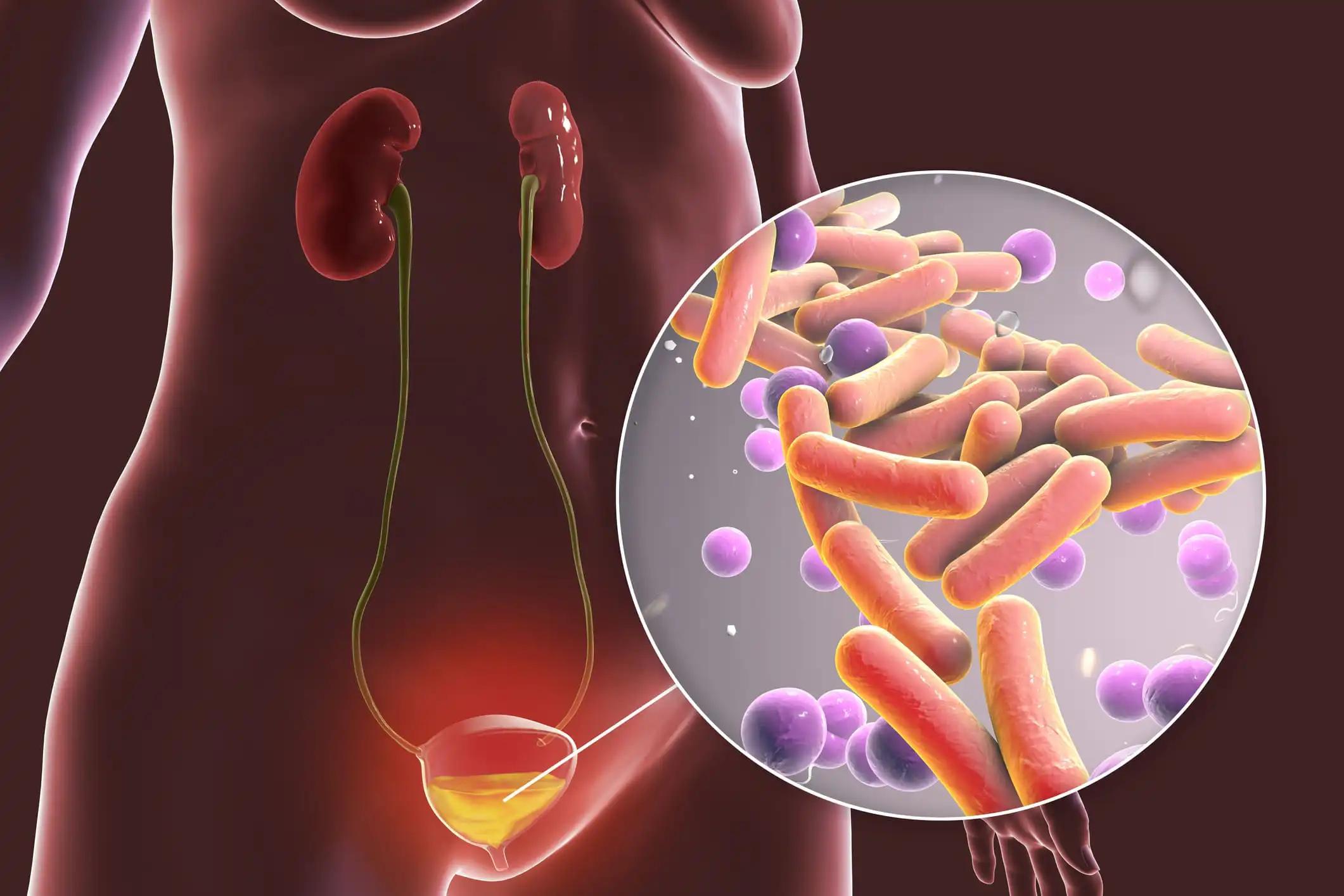KEY TAKEAWAYS
- The phase 1 trial aimed to investigate the safety and preliminary efficacy of combining cabo with EV in patients with mUC.
- The primary endpoint was safety and tolerability to determine the RP2D.
- Researchers noticed promising safety and tolerability of the combination of EV and cabo in mUC patients; further investigation is ongoing.
Despite advances, patients with metastatic urothelial carcinoma (mUC) still require effective treatments. Enfortumab vedotin (EV), an antibody-drug conjugate (ADC) targeting Nectin-4, has shown efficacy as monotherapy and in combination with pembrolizumab for cisplatin-ineligible patients. Cabozantinib (cabo), a multi-tyrosine kinase inhibitor, exhibits activity in heavily pretreated mUC by targeting VEGF, MET, and AXL. Preclinical data suggest that antiangiogenic agents may enhance ADC penetration into tumor cells, potentially leading to therapeutic synergy.
Jacqueline T. Brown and the team aimed to present safety and preliminary efficacy findings from the dose escalation cohort of an ongoing phase I/Ib trial investigating cabo in combination with EV in mUC.
Researchers performed an inclusive analysis of a phase I/Ib, open label, single-arm trial conducted at the Winship Cancer Institute of Emory University. Patients with histologically confirmed mUC who received or were ineligible for platinum chemotherapy and a checkpoint inhibitor were eligible.
The phase I dose escalation followed a traditional 3+3 design, exploring cabo at doses of 20 or 40 mg daily alongside standard dose EV (1.25 mg/kg on days 1, 8, and 15 of a 28-day cycle). The ongoing dose expansion cohort is currently enrolling. The primary endpoint of the phase I cohort was safety and tolerability to determine the recommended phase 2 dose (RP2D), with the key secondary objective being preliminary evidence of efficacy via objective response rate (ORR) per RECIST v1.1.
About 6 patients with mUC were treated as of the 22 September 2023 data cut. 3 patients were enrolled at each of the cabo 20 mg and 40 mg dose levels, respectively. All patients were male with a median age of 69 (range: 61-85), and 4 out of 6 patients (66.7%) were white.
Only 1 serious adverse event (SAE) occurred in the 20 mg cohort (dehydration), while 3 SAEs were observed at the 40 mg dose level (neutropenia, acute kidney injury, superior vena cava syndrome), with neutropenia being the singular grade 4 adverse event (AE). Despite this, cabo 20 mg daily was selected as the RP2D based on clinical judgment regarding longer-term tolerability. Only 1 patient in the 40 mg cohort remains on the initial dose.
Common treatment-related AEs (TRAEs) included ALT elevation, hypophosphatemia, rash (66%), fatigue, mucositis, AST elevation, hypomagnesemia, eye irritation, hand-foot syndrome, and anorexia (50%). Five patients experienced a grade 3 AE (83%), with fatigue (33%) and acute kidney injury (33%) being the most common. The ORR was 83%, with each of the 5 responders experiencing a partial response. The median reduction in target lesion size was 49.7% (31.8-100).
The study concluded that the combination of EV and cabo 20 mg daily appears safe and tolerable, exhibiting adverse events consistent with each agent’s previous reports. Based on response rates, encouraging early evidence of activity was observed.
Enrollment of mUC patients into the dose expansion cohort with cabo 20 mg daily is ongoing, with further results, including long-term outcomes and correlatives, anticipated.
The trial was sponsored by Emory University
Source: https://meetings.asco.org/abstracts-presentations/229750
Clinical Trial: https://clinicaltrials.gov/study/NCT04878029
Brown J T, Nazha B, Liu Y, et al. (2024). “Interim analysis of a phase I/Ib study of enfortumab vedotin plus cabozantinib in patients with metastatic urothelial carcinoma.” Presented At ASCO- GU 2024 (Abstract 609).



